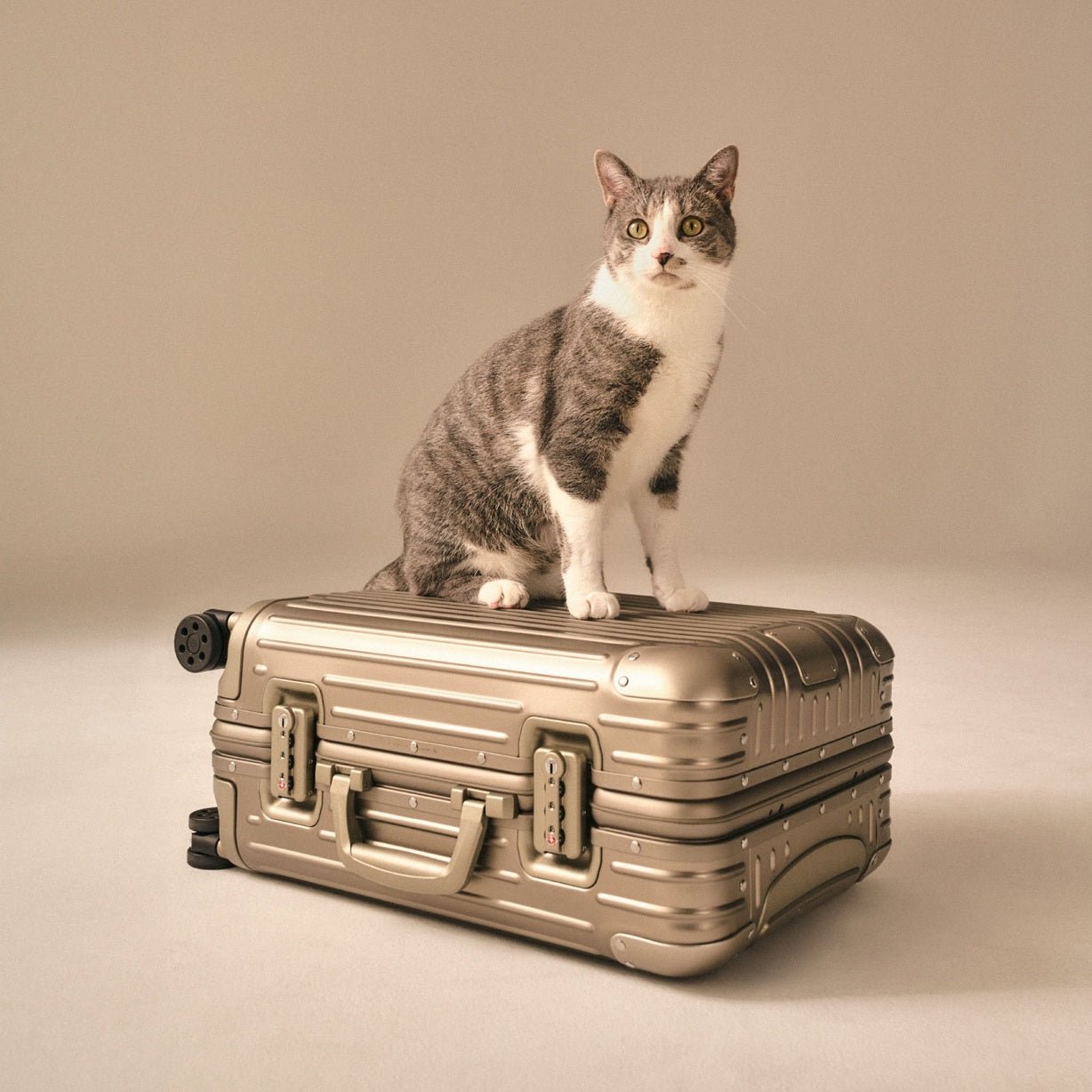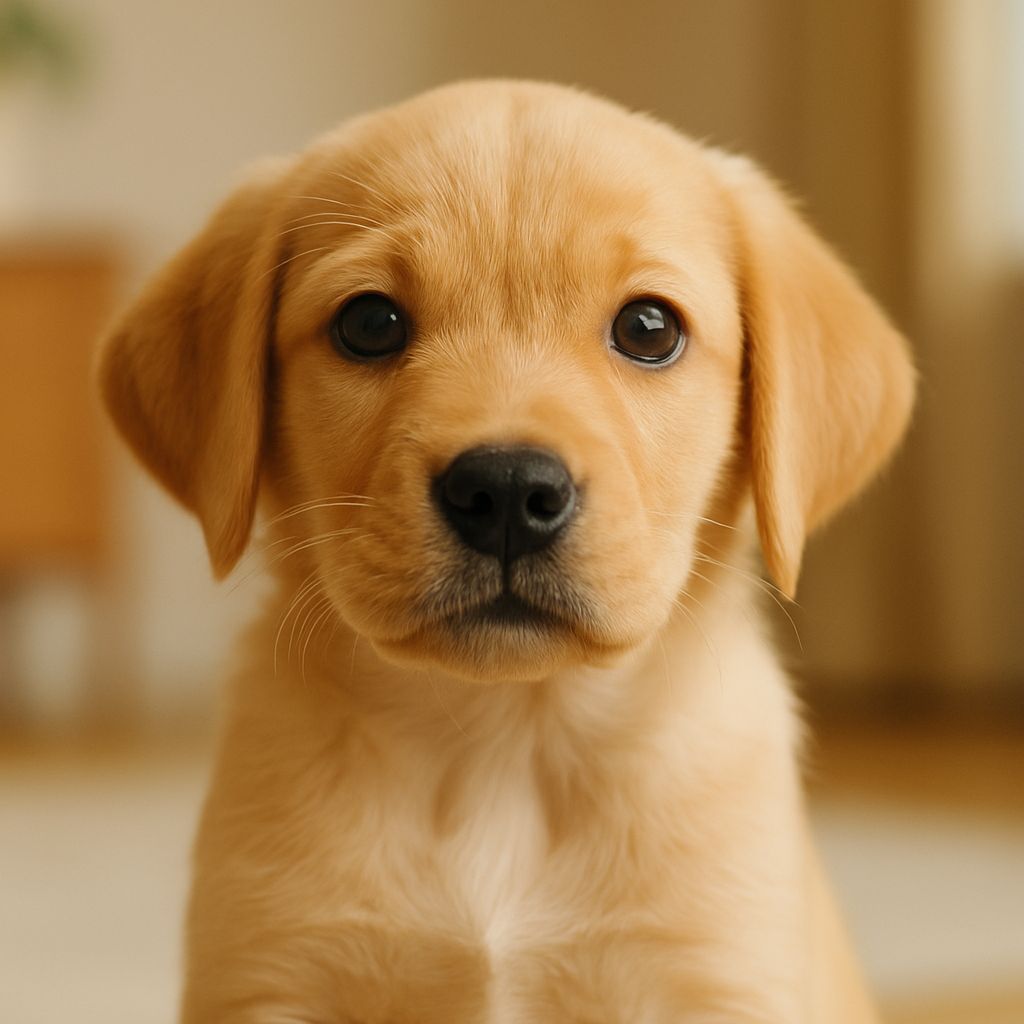Table of Contents
1. Introduction
Grooming a dog's coat is an important part of the pet's overall health and well-being. It not only keeps the dog looking pleasant but also helps keep the pet healthy and happy. Grooming a dog's coat is not merely an aesthetic matter, but it is also a significant factor for the dog's skin health. The condition of a dog's coat often reflects the dog's general health status. A well-groomed coat is shiny and smooth, whereas a poorly groomed or neglected coat can be a sign of nutritional deficiencies or potential health issues.
Regular brushing and washing are part of coat care, but also the use of the right products, such as shampoos and conditioners designed for dogs. These products are specifically formulated to meet the needs of a dog's skin and coat, helping to keep the coat healthy, shiny, and pleasantly scented. In this blog, we will go through the basics of successful dog coat care and provide tips and recommendations for the best products. We will guide you on how to take care of your dog's coat in the best possible way. Regardless of your dog's breed or coat type, this guide will help you understand how to keep your dog's coat in the best possible condition.
Grooming your dog's coat is an essential part of your pet's well-being and health. It not only keeps your dog's coat beautiful and shiny but also helps prevent skin problems and improves your dog's overall health. All grooming products found at Muotitassusta are non-toxic and suitable for all breeds, coat types, and ages. Also, check out the tips on dog washing from Groomer and TikTok influencer Kultaturrin. Remember that grooming a dog's coat requires patience and experience, which you will accumulate as you start caring for your dog as early as possible.
2. Basics of Dog Fur
This paragraph discusses the basics of a dog's coat, including different coat types and their characteristics, as well as how the coat type affects grooming.
2.1 Different Types of Fur and Their Characteristics
Dogs have various types of coats, ranging from short and smooth to long and curly. For example, the Labrador Retriever has a short, dense coat that repels water, while the Bichon Frisé has a long, curly coat that requires regular grooming to stay in good condition. Some breeds, such as the German Shepherd, are double-coated, which means they have a thick undercoat and a longer outer coat. Double-coated dogs often require more care, especially during shedding season.
2.2 How does the type of coat affect care?
The type of coat greatly affects the kind of care a dog needs. Short-haired dogs generally require less brushing than long-haired dogs, but they may benefit from regular baths to keep their skin and coat healthy. Long-haired dogs often need regular brushing to prevent tangles and knots, and some may require regular trimming to keep their coat manageable. Double-coated dogs can benefit from special brushing techniques during shedding periods, and they may need more frequent baths than single-coated dogs. It is important to emphasize that each dog's coat care is individual. What works for one dog may not necessarily work for another, so it is crucial to understand your own dog's specific coat needs and adjust the care routine accordingly.
3. Dog Grooming and Basics
3.1 Brushing
Brushing is an essential part of dog grooming. It helps keep the coat healthy and shiny by removing dead hair, dirt, and potential tangles. Brushing also stimulates skin circulation and spreads the skin's natural oils throughout the coat, which helps maintain it in good condition. The frequency of brushing depends on the dog's coat type. Short-haired dogs usually need brushing once a week, while long-haired or curly-haired dogs may require daily brushing to avoid tangles. It is important to use the right kind of brush or comb that suits the dog's coat type.
3.2 Washing
Dog grooming usually starts with a bath, which is an important part of its hygiene. Bathing helps keep the coat clean and odor-free, as well as removes any potential allergens or parasites. The frequency of bathing depends on the dog's coat type, activity level, health condition, and even the season. The general recommendation is to bathe the dog about once a month, but this can vary. It is important to use shampoo specifically designed for dogs during the bath, as human shampoos can be too harsh for a dog's skin. There are different shampoos for various needs, such as sensitive skin, allergic dogs, or white coats. Although dog grooming is not about having the right equipment, the quality of the shampoo and conditioner significantly affects the outcome. Low-toxicity products do not stress the dog's skin and can reduce irritation. High-quality products make your dog's coat soft and fresh.
3.3 Drying
Drying a dog's coat after washing is important, especially in cold weather. Drying helps prevent skin irritation and matting of the coat. You can use a towel or a hairdryer designed for dogs for drying. It is important to dry the dog thoroughly, especially long-haired dogs, whose coats can remain wet inside even if the surface appears dry. Remember that grooming a dog's coat is not just an aesthetic matter, but it is an important part of the dog's overall health and well-being. Proper care helps keep the dog's coat and skin healthy, and it is also a good opportunity to check for any skin problems or parasites.
4. Dog Grooming and the Importance of Products
4.1 Shampoos
Shampoos are an essential part of dog grooming. They help keep the dog's coat clean and healthy. When choosing a shampoo, it is important to consider the dog's coat type, skin type, and any potential allergies. There are specific shampoos available for long-haired, short-haired, curly-haired, and sensitive-skinned dogs. Many high-quality shampoos are suitable for all coat types. Additionally, there are hypoallergenic shampoos designed specifically for allergic dogs. It is also advisable to pay attention to the pH value of the shampoo, as a dog's skin pH is different from that of humans, and therefore human shampoos are not suitable for dogs. Ensure that the shampoo is made for dogs.
4.2 Conditioners and treatment sprays
Conditioners are an important part of dog coat care, especially for long-haired and easily tangled breeds. They help keep the coat shiny, soft, and easy to manage. Conditioners also protect the coat from damage and help prevent tangles. Like shampoos, conditioners should be chosen according to the dog's coat and skin type. There are special conditioners available, for example, for dry, oily, or sensitive skin. The use of conditioner can be replaced with a special conditioning spray that is sprayed onto the dog's dry coat after washing and not rinsed off. Conditioning spray can also be used between washes before brushing to make it easier. Conditioning spray can remove wet dog odors without a full wash.
4.3 Other grooming products
The range of coat care products also includes various coat care oils, creams, and balms. Coat care oils and creams help to moisturize and nourish the coat, and they can be particularly beneficial in dry or cold weather. Coat care balms can help protect the coat from the sun and other environmental hazards. When choosing coat care products for each dog, it is important to consider the dog's individual needs and preferences. It is advisable to invest in high-quality and non-toxic products for dog coat care, which do not unnecessarily burden or irritate the dog's coat.
5. Dog grooming in summer vs winter
5.1 Summer
Summer (+ autumn and spring) is a time when challenges related to dog grooming can be particularly significant. Dogs spend more time outdoors, which means they are more prone to getting dirty, developing tangles, and potential skin issues. Additionally, dogs can be susceptible to sunburn, especially short-haired and light-coated dogs. Sun protection is an important part of summer grooming for dogs. There are special sun protection products designed for dogs that can help protect their skin from the harmful rays of the sun. Furthermore, it is important to ensure that the dog gets enough water and shade on hot summer days. In the summer, dogs may also swim more, which can dry out their coat and skin. Especially seawater and pool chlorine water dry out the dog. Use moisturizing shampoo and conditioner to keep the coat healthy and shiny.
5.2 Winter
In winter, dry indoor air and cold outdoor air can dry out a dog's coat and skin. Dog grooming in winter requires special attention. Use moisturizing shampoo and conditioner that help keep the coat and skin hydrated. You may also consider using a grooming spray for additional moisture. In cold weather, a dog's coat provides natural protection against the cold, but some dogs, such as small, old, or short-haired dogs, may need extra warmth, such as a sweater or a jacket.
Additionally, in winter, a dog's paws can be prone to cracking and irritation due to ice, snow, and road salt. Paw balm or wax can help protect the dog's paws from these elements.
6. Dog Grooming at Different Life Stages
6.1 Puppy Grooming: Special Features and Tips
Grooming a puppy's coat should begin at an early stage. This helps the puppy get accustomed to grooming routines and makes them more pleasant later in life. A puppy's coat is often softer and thinner than that of an adult dog, so gentle products and tools are needed for its care. Brushing should be regular but gentle. This helps keep the puppy's coat clean and tangle-free, as well as promotes the development of healthy skin and coat. The puppy's first bath should be done with a shampoo specifically designed for puppies, which is gentle and does not irritate the puppy's sensitive skin.
6.2 Grooming an Old Dog: Special Features and Tips
The structure and condition of an older dog's coat can change. The coat may become thinner, coarser, or drier, and the skin may be more sensitive. For grooming an old dog's coat, it is advisable to choose products that moisturize and nourish both the coat and the skin. This helps keep the coat healthy and beautiful. Brushing an old dog's coat is important as it helps remove dead hair and stimulates blood circulation in the skin. During brushing, any possible skin changes or problems can also be checked. The bathing interval for an old dog can be longer than for younger dogs, as too frequent washing can dry out the skin. Gentle, moisturizing products should be used for washing.
7. Dog Grooming in Special Situations
7.1 Allergic dog: which products to avoid and which to prefer?
Allergic dogs can react strongly to certain ingredients found in some grooming products. Allergy symptoms may manifest as itching, rash, redness, or even hair loss. It is important to recognize these symptoms early and consult a veterinarian if necessary. Common ingredients that can cause allergic reactions include parabens, sulfates, and artificial colorants and fragrances. Sensitive shampoos and conditioners are usually the best choices for allergic dogs because they are designed to minimize the risk of allergic reactions. They are often fragrance-free and contain natural ingredients such as aloe vera and oats, which can soothe irritated skin. Additionally, it is important to ensure that the dog's coat is brushed regularly to remove dead hair and skin, allowing new, healthy hair to grow. Brushing also stimulates blood circulation in the skin and distributes the dog's natural oils throughout the coat, helping to keep it healthy and shiny.
7.2 Dog Grooming During Pregnancy and Lactation
Pregnancy and lactation are times when grooming a dog's coat can be particularly challenging. Hormonal changes can affect the condition of the coat, making it drier or more prone to tangling. During this period, it is important to brush the dog's coat regularly to keep it tangle-free and healthy. Use a soft brush or comb that does not damage the skin. Washing is also important, but it should be gentle, and it is recommended to use mild, natural shampoos and conditioners. You can dilute the products as per the instructions if necessary. During pregnancy and lactation, special attention should be paid to the dog's diet, as nutrition directly affects the condition of the coat. A balanced diet that includes sufficient protein, vitamins, and fatty acids helps keep the coat healthy and shiny.
8. Frequently Asked Questions About Dog Grooming
How often should a dog's coat be washed
This depends on many factors, such as the dog's coat type, living environment, and any potential skin issues. Generally speaking, most dogs need a bath about once a month.
Can I use human shampoo on my dog?
And. Human shampoos can be too strong for a dog's skin and may cause irritation or dryness. It is recommended to use only shampoos intended for dogs, with a pH suitable for them.
Why is conditioner an important part of dog grooming?
The conditioner helps restore the coat's natural moisture after washing, makes the coat more manageable, and helps prevent tangles.
How often should I brush my dog's coat?
This depends on the type of the dog's coat. Short-haired dogs usually need brushing once a week, whereas long-haired dogs may require daily brushing.
What should I do if my dog's coat is tangled?
Use a detangling spray or conditioner and brush the coat gently. If the tangles are too tight, you may need professional help.
How can I protect my dog's coat from the sun in the summer?
It is important to provide shade for the dog and avoid direct sunlight during the hottest part of the day. Ensure that fresh water is available in sufficient quantities.
How can I take care of my dog's coat in the winter?
In winter, a dog's skin can become dry, so it is important to use moisturizing grooming products. Additionally, it is advisable to protect the dog's paws from salt and ice with special paw balms or protectors if necessary.
9. Summary
Dog grooming is an essential part of your pet's well-being and health. In addition to keeping the dog's coat beautiful and shiny, it also helps prevent skin problems and improves the dog's overall health. All grooming products found at Muotitassusta are non-toxic and suitable for all breeds, coat types, and ages.
See also the Groomer and TikTok influencer Goldentail's tips for washing your dog. Remember that grooming a dog's coat requires patience and experience, which you will gain by starting to care for your dog as early as possible.









